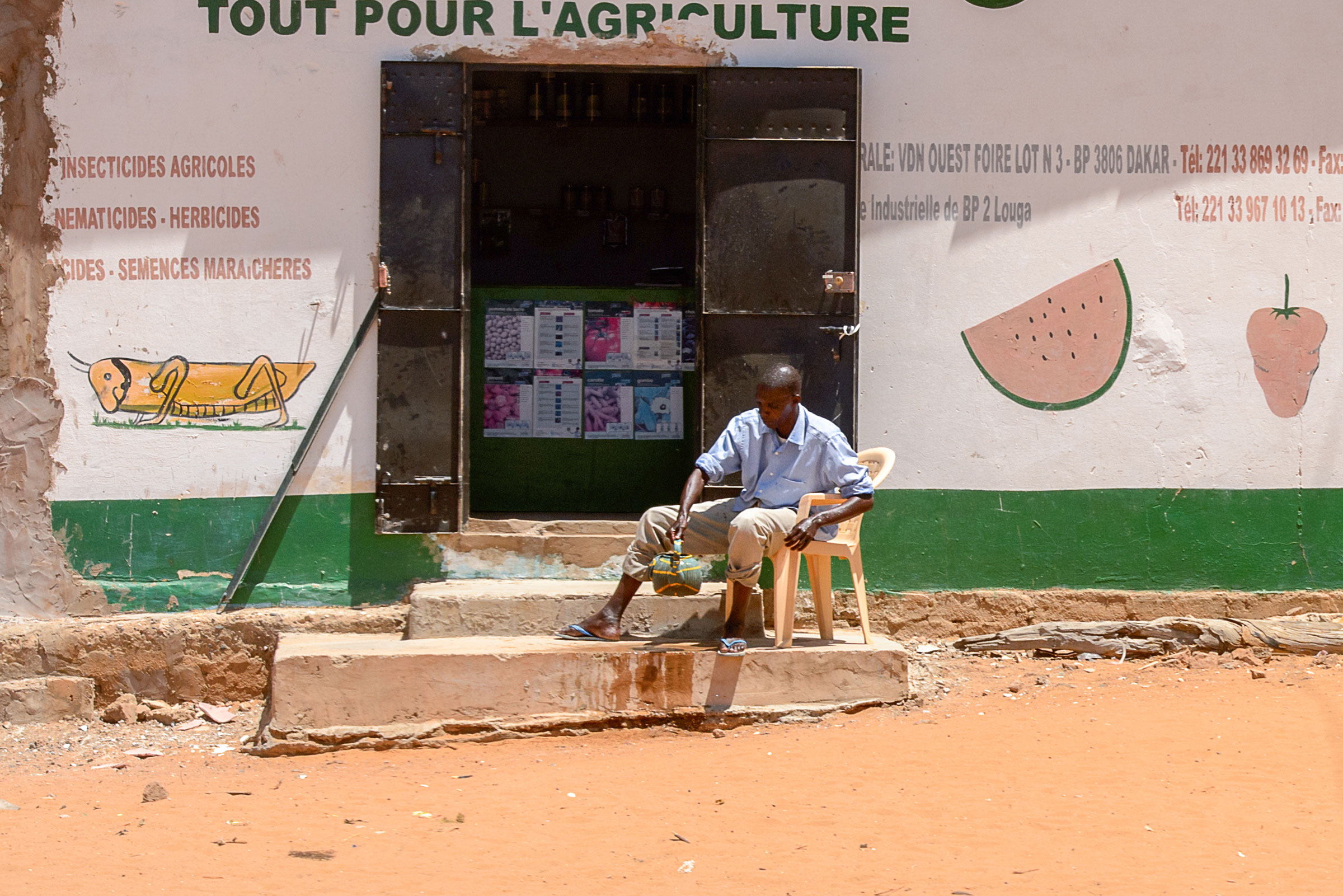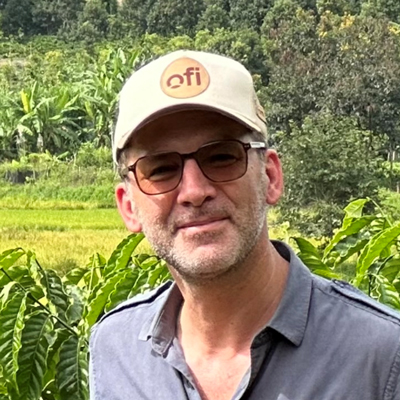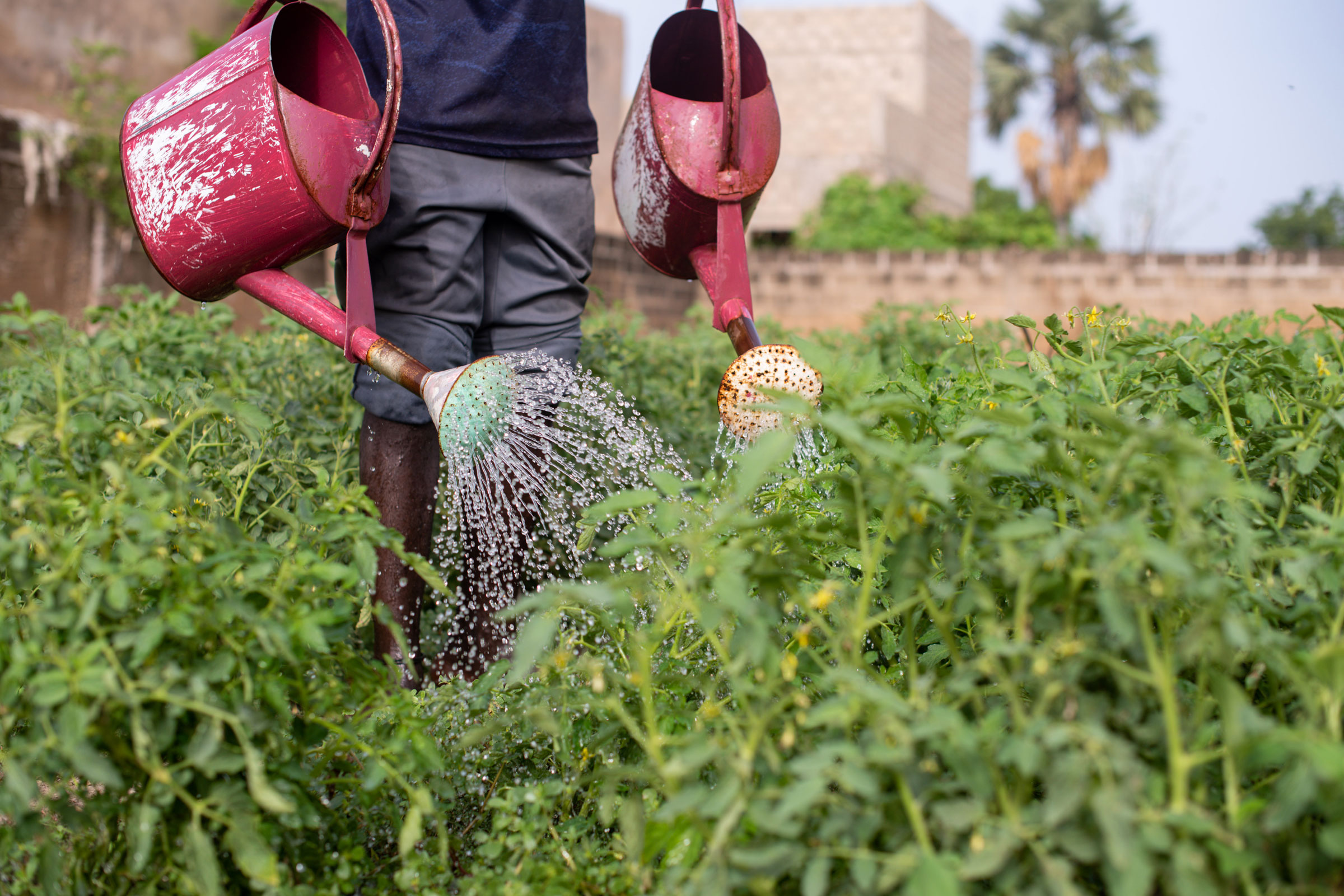
How can private sector extension drive climate-resilient agriculture?
May 23, 2024
GMT-005, 9-10:30 am (USA, New York)
Event information
Agricultural extension is no longer the sole domain of the public sector in low- and middle-income countries, with multiple nongovernmental organizations, donor-funded projects, producer organizations and private firms all providing a range of advisory services to smallholder farmers. Local agribusinesses, private farm advisors and input suppliers, as well as large multinational companies with global supply chains have long provided extension and advisory (EAS), but their roles have changed over time. The importance of private sector extension has increased due in part to declining investments in publicly funded EAS. The increased need for EAS to support smallholder farmers to adapt to climate change calls for new partnerships between different actors in the agricultural sector. These developments raise new questions about the evolving role of private sector extension, including:
- What are the strengths and weaknesses of private sector extension?
- What challenges and barriers do private sector extension providers face and how are these being addressed?
- How can private sector extension improve and broaden client targeting?
- What role can different types of private sector EAS play in meeting the needs of resource-poor and marginalized farmers who are most impacted by the climate crisis?
- What changes in the enabling environment are needed to incentivize private sector EAS to promote climate responsive approaches?
- What are funding options for private sector EAS?
To address these and other questions about where private sector extension fits in the broader agricultural service provision landscape today, the USAID Enabling Farmers for Agricultural Transformation project organized a webinar: “How can private sector extension drive climate-resilient agriculture?” on May 23, 2024. Panelists discussed private sector-led approaches and practices in extension, drew lessons about expanding private sector extension and offered suggestions for future investments in this sector. A recording is available below to capture these insights and best practices from three agricultural extension professionals.
The EFAT project, implemented by Winrock with funding from USAID, hosts learning events to share experiences, best practices and lessons learned on strengthening agricultural extension and advisory services and systems in low- and middle-income countries.
Target audience: Extension professionals and others working in the agricultural sector globally.




Moderator:
Elizabeth DeFreest
Private Sector Engagement Officer in USAID’s Bureau for Resilience, Environment and Food Security
Panelist:
Kristin Davis
International Food Policy Research Institute
Panelist:
Piet van Asten
Olam Food Ingredients
Panelist:
Ben Odoemena
Feed the Future Nigeria Agricultural Extension and Advisory Services Activity, Winrock International
Why watch the recap?
- Expert Insights: Hear from leading experts in the field of private sector-led agricultural extension and advisory services.
- Best Practices and Lessons Learned: Learn from the experiences of companies and agribusinesses carrying out extension and advisory services.
- Networking Opportunities: Connect with like-minded individuals and organizations working to strengthen agricultural extension and advisory services globally.
About EFAT:
The EFAT project, funded by USAID, strengthens agricultural extension and advisory services and systems as a pathway to boosting agricultural productivity among smallholder farmers, helping them diversify their livelihoods and strengthen their resilience in the face of adverse climate conditions. For more information about EFAT and to explore assessments, case studies, and more, please visit https://winrock.org/projects/efat/.
Past Events

Developing climate-responsive agricultural extension and advisory services: lessons and opportunities
January 8, 2024
February 22, 2024GMT-005, 9:00-10:00 am (America, New York) Climate change is affecting the lives of everyone on the planet, with smallholder agricultural producers in low and middle-income countries being disproportionately affected. To mitigate the complex agricultural challenges posed by climate change, there is a need to sustainably increase agricultural productivity and incomes, adapt and build […]